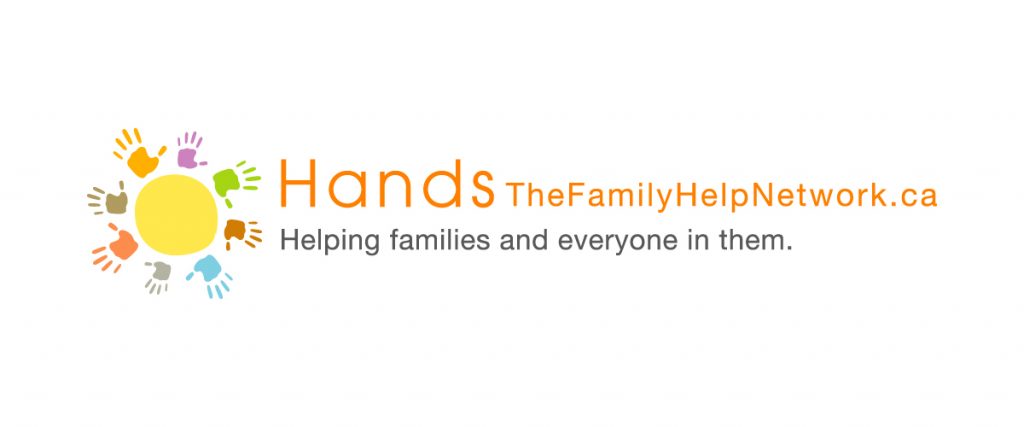Team members at Hands The Family Health Network have worked to put together resources and support for families this Mental Health Week, releasing a guide on May 5 to help young people and their families cope with the impacts of the pandemic.
This Mental Health Week, which runs from May 4 to 10, presents new challenges for families as they face the uncertainties caused by COVID-19. To ease these difficulties, Hands created the Family Resource Guide that lists services and information for families from Muskoka to North Bay, covering all the areas served by the Hands network. The guide has a variety of resources ranging from community services and federal funding options to mindfulness and e-learning information. Roxanne Lefebvre, a family service coordinator at Hands, said the guide will be adjusted regularly as things change and they identify new areas of need.
“We’ve developed a Family Resource Guide that really speaks to all of our Hands services, as well as community services and how those are being delivered through this pandemic,” Lefebvre said. “Included in that there’s shelters, food security, addiction services, emergency childcare, education. We tried to develop that resource guide to address what we thought were all of the encompassing issues that people might be facing.”
To combat feelings of isolation and anxiety, Lefebvre recommends keeping busy with family, developing routines and staying connected to friends and loved ones through virtual means like video chats or online gaming, keeping in mind limited screen time. She also said that families should take advantage of the nice weather by getting outside for fresh air and outdoor activities, but for additional options, the guide offers ideas for social distancing activities, self care options like mindfulness and tips for how to cope with different aspects of isolation.
“Taking time for yourself is one of the biggest things that we try to stress for families too, whether it be parents or for youth, to have that source of independence a bit,” Lefebvre said. “[It’s important] having those times where you can be in your room reading, keeping busy and having time for yourself to decompress, but always have open communication with family. We want to encourage families to talk and to be able to have open conversations and dialogue.”
Because the current circumstances are so new to everyone, Lefebvre said they worked quickly to gather articles and other information for families. The resources offered by Hands include advice for parents on how to discuss the pandemic and quarantine with children and teens as well as information about homeschooling and coping strategies, but for those who need more help, Hands services are still available.
“Each individual and family is dealing with this very differently,” Lefebvre said. “For those who are wanting to access services, we at Hands are also offering our continued services virtually, that has not changed. We’ve adjusted our work to virtual services, offering phone and video conferencing.”
Hands continues to have walk-in counselling clinics on Tuesdays and Thursdays, offering virtual walk-in sessions for anyone seeking professional help. Their crisis lines remain open 24 hours a day and they will continue to provide resources to support their clients and families continuously, Lefebvre said. She wants people to know that they can reach out to get services, but whether they’re accessing services or not, it’s important to stay connected.
“Communication is the biggest key for people to take care of their mental health,” she said, “and our resources that we are wanting for people to access will continuously evolve as we go through this pandemic together.”
Click here to download the Family Resource Guide and visit the Hands’ COVID-19 Support and Resources page for more information and for future versions of the Family Resource Guide. To book an appointment or inquire about services, call 1-800-668-8555 or visit the Hands website.
